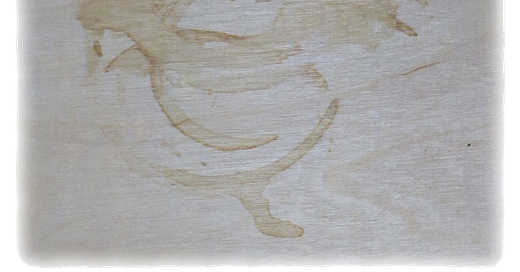"Cease from practice based on intellectual understanding, pursuing words, and following after speech, and learn the backward step that turns your light inward to illuminate your self. Body and mind of themselves will drop away, and your original face will be manifest." - Dogen
The most difficult meditation practice I have done involved practicing zazen in front of a mirror, looking at myself. More difficult than any Rohatsu sesshin, four hours of this is quite enough. I'd heard the stories of students "losing it" to one degree or another during such a practice. It isn't for the noob, soloist, or faint of heart. Locked as you are in zazen, the urge to get up and run must climb a threshold significantly higher than pressing a button to stream hours of manufactured video content. It's you and that face. Your face. You. And everything about you. All the stories - true and false - you've told yourself and others, all the excuses made to justify your actions, all the kindnesses you've bestowed - or not - upon your fellow humans. Every scar, wrinkle, and pore reveals something about the wider picture of yourself that had gone unnoticed, unacknowledged, or unappreciated.
Avoiding for as long as you can, eventually your gaze drifts into the eyes looking back at you. There you leave behind words and begin a dialog through emotion. Self-talk oscillates between melodies and cacophonies, than fades altogether. The exchange is visceral, unfiltered, and intense. At least at first. Mixed in with the experience is a vague feeling of familiarity that gives way to curiosity, if you can stay with it long enough. Then it just is.
"To the stand-bys above, add this one: always to define whatever it is we perceive—to trace its outline—so we can see what it really is: its substance. Stripped bare. As a whole. Unmodified. And to call it by its name—the thing itself and its components, to which it will eventually return. Nothing is so conducive to spiritual growth as this capacity for logical and accurate analysis of everything that happens to us. To look at it in such a way that we understand what need it fulfills, and in what kind of world." - Marcus Aurelius, Meditations 3.11
A rigorous meditation practice - in my case, Rinzai Zen - provides a method that helps develop the Stoic idea of separating external events from our internal judgments and interpretations of those events. After a sufficient amount of dedicated practice, the realization of how little space we reflexively allow between events and our interpretation of them is stunning. Learning how to expand that space from picoseconds to nanoseconds to milliseconds to minutes, hours, and days is an immensely empowering experience and skill.
"You take things you don’t control and define them as “good” or “bad.” And so of course when the “bad” things happen, or the “good” ones don’t, you blame the gods and feel hatred for the people responsible—or those you decide to make responsible. Much of our bad behavior stems from trying to apply those criteria. If we limited “good” and “bad” to our own actions, we’d have no call to challenge God, or to treat other people as enemies." - Marcus Aurelius, Meditations 6.41
If you exclude coffee, alcohol, and short-term pain killers following surgery, I've never done drugs. Certainly not "recreationally." By all accounts, the mind-expanding experiences described by those who do use drugs seems to be locked into the time frame during which the drugs are having their effect. I'm sure there are exceptions, but I have yet to see the this-world behaviors of people following the psychedelic chemical path toward higher consciousness change for the better. Most of what I see is escape behavior rather than exploration. I have seen many examples of the this-world behaviors from such practitioners change for the worse. Often, much worse.
By comparison, having gone into altered states with presence, awareness, and mind-wide-open has resulted in the ability to bring back the insights and allowed me to make changes to this-world behaviors. It's like a reverse lucid dream. In stead of taking the conscious life into the dream world, it's like bringing the dream world back into conscious life. Even that doesn't capture the experience. It's hard to describe. The fact I'm still pretty much an unenlightened large North American mammal says more about the work left for me to do than it does about the effectiveness of Zen meditation and Stoic contemplation.
I've written before how martial arts are another way to learn how to separate events from our interpretation of those events. Meditation and martial arts are just two of the possible ways to establish and mature the skill of separating events from our interpretations. I'm sure there are others. There are two things each of the path's I've chosen have in common. And I suspect this will be the case with most any other approach. Firstly, they take time. Secondly, they require dedicated and directed practice. Finally, they benefit greatly by having a competent teacher or mentor to guide the practitioner. The thread throughout all of this work is the essential need to keep a beginner's mind alive and active throughout the process.
If you have any questions, need anything clarified, or have something else on your mind, please use the comments section or email me directly.
Photo credit: Coffee is an essential part of my morning writing ritual and practice. Over time, the spilled coffee stains on my desk have formed a face that reminds me of the (sometimes) sleepy face I saw in the mirror all those years ago.




